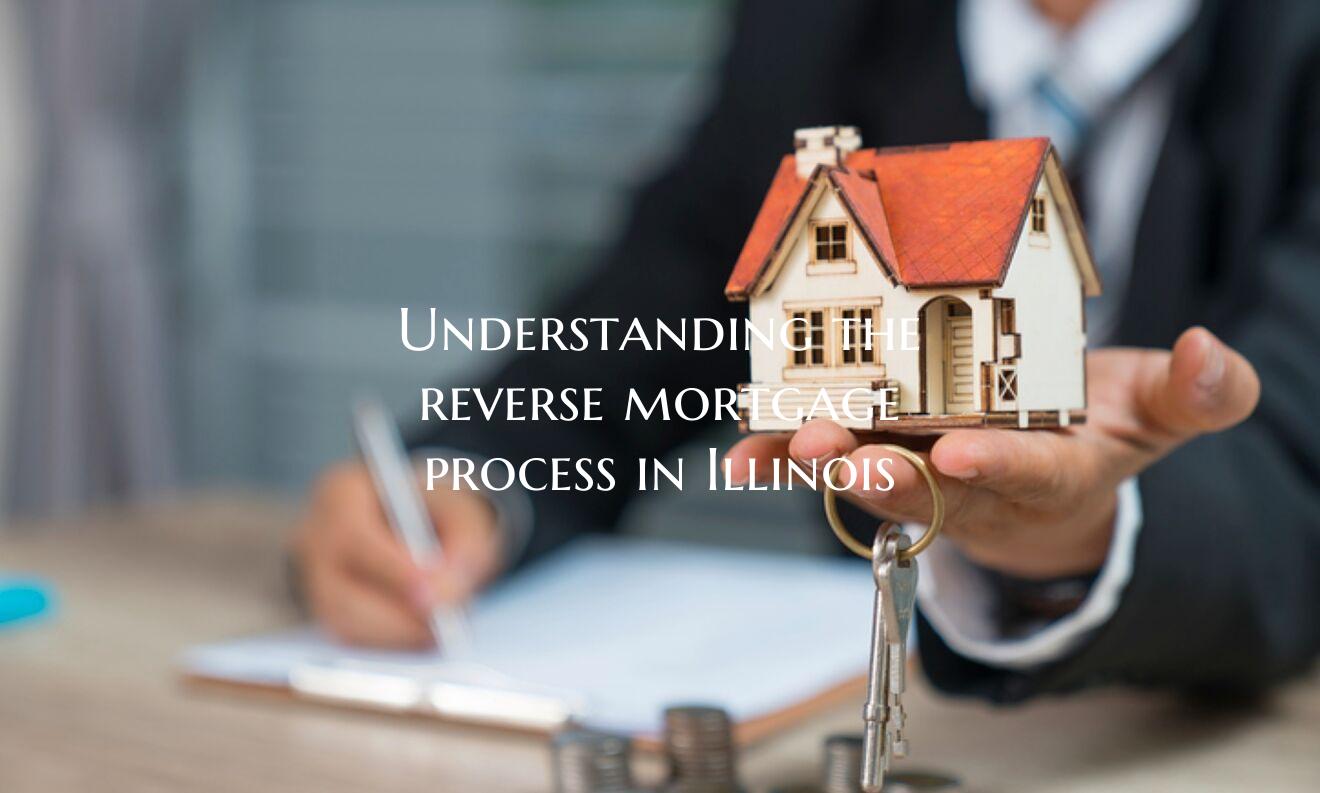Understanding the reverse mortgage process in Illinois

A reverse mortgage is a financial tool that allows homeowners aged 62 and older to access a portion of their home equity while still living in their home. In Illinois, the reverse mortgage process follows specific guidelines set forth by state and federal laws.
To initiate the reverse mortgage process in Illinois, homeowners must first meet with a Department of Housing and Urban Development (HUD)-approved reverse mortgage counselor. This counselor will provide information on the pros and cons of a reverse mortgage, as well as alternative options that may be available.
After meeting with a counselor, the next step is to choose a lender that offers reverse mortgages in Illinois. It is important to select a reputable lender with experience in the reverse mortgage industry. The lender will then conduct a financial assessment to determine the homeowner's eligibility for a reverse mortgage.
Once the financial assessment is complete and eligibility is confirmed, the homeowner can move forward with the application process. This typically includes a home appraisal to determine the property's value and the amount of equity that can be accessed. The lender will also outline the terms of the reverse mortgage, including interest rates, fees, and repayment options.
Upon approval of the reverse mortgage application, the homeowner will receive the funds either as a lump sum, a line of credit, or monthly payments. It is important to note that the homeowner remains responsible for property taxes, homeowners insurance, and home maintenance even after obtaining a reverse mortgage.
In Illinois, homeowners have the right to rescind the reverse mortgage within a certain period after closing if they have second thoughts about the decision. Additionally, borrowers should be aware of their obligations under the reverse mortgage agreement, including repayment terms and any potential consequences for noncompliance.
Understanding the reverse mortgage process in Illinois is essential for homeowners considering this financial option. By working with qualified professionals and carefully reviewing the terms of the agreement, homeowners can make informed decisions about whether a reverse mortgage is the right choice for their financial situation.
